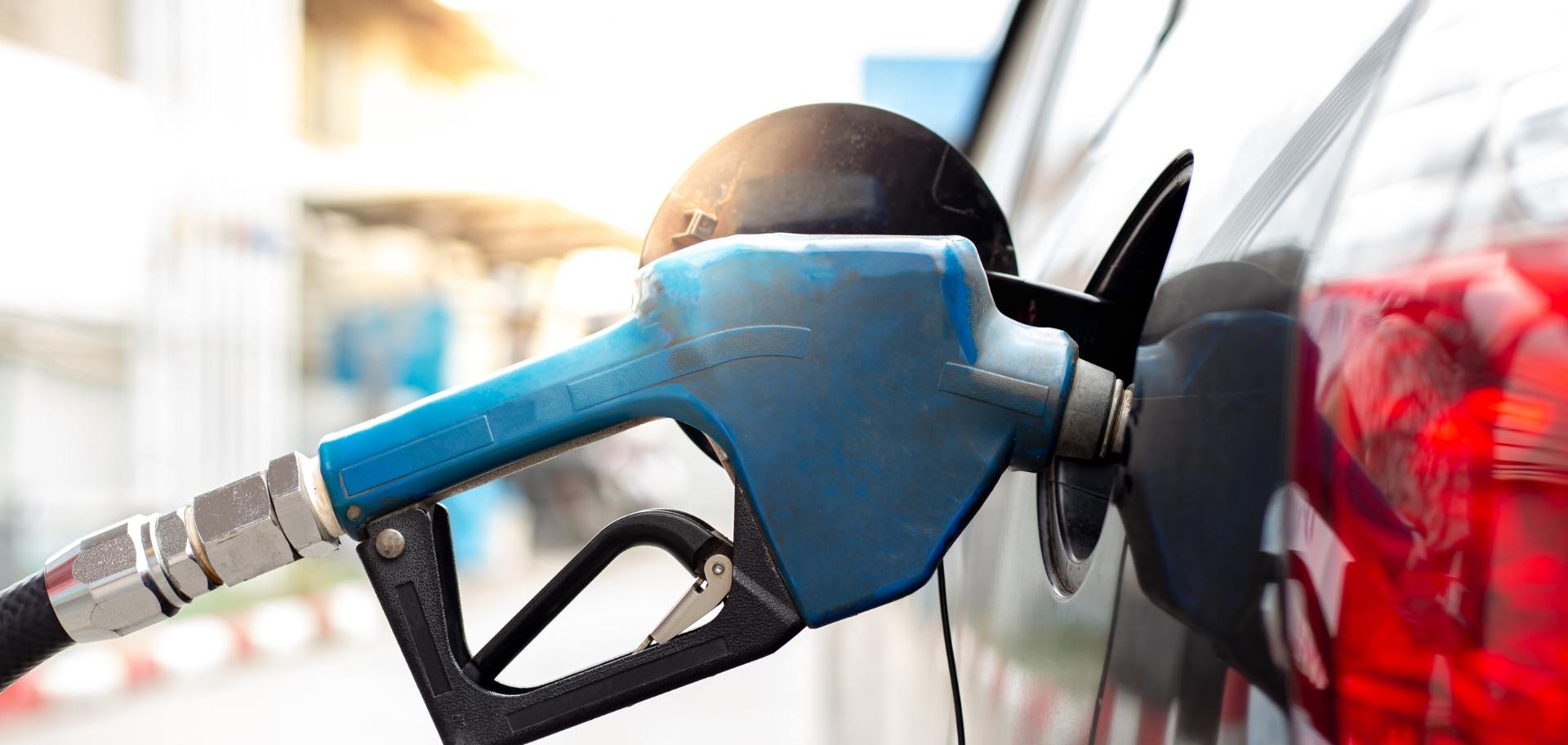Based on a question at the most recent TreasuryONE webinar, Andre Botha (Senior Dealer at TreasuryONE) took a closer look at why diesel and petrol prices have diverged.
In recent months, the petrol and diesel markets have seen an unusual development. In South Africa, petrol and diesel prices are normally closely aligned when it comes to adjustments at month-end to the various prices – although not exactly the same, it usually is within the same realm.
That is until recent developments in the oil market had a direct impact on the difference we will see in the adjustments in the various fuel prices in September – petrol decreasing by 204 cents per litre and diesel by between 46 cents and 56 cents.
Oil prices have come down from highs of $140 per barrel, hovering just below the $100 per barrel mark. The rand has also lost some value due to a flight to the US dollar by investors. Despite the currency losing value, we are still looking at a reduction, although it is less than expected due to an adjustment to the slate levy.
Where does the disparity come from?

The graph illustrates the US Dollar per litre for Diesel (orange) and Petrol (white). It is clear to see that normally these are in sync, but there is a clear divergence at the moment.
The reason for this is not refining cost or any input cost – it boils down to the simplest form of economics: supply and demand. Many market players have bought diesel in the short term due to the lack of supply, as well as the current energy crisis in the eurozone as the winter approaches.
Diesel is used in generating electricity as well as being the preferred fuel for machinery for production. With the market scrambling for diesel surety, supply is king and suppliers are selling diesel at a premium due to the high demand.
The question then becomes: how long would this anomaly still be in the market? Should the crisis in the Eurozone continue and supply not increase from oil-producing countries, we could see this going on for a while.
In short, we either need a resolution in Russia, or an increase of supply from other countries. While alternatives are being explored, they will take a while to manifest in the market.




The South African situation differs from other countries in that we require diesel for the grid. Hence the increase in petrol to cover the usage in the grid and avoid an increase in electricity.